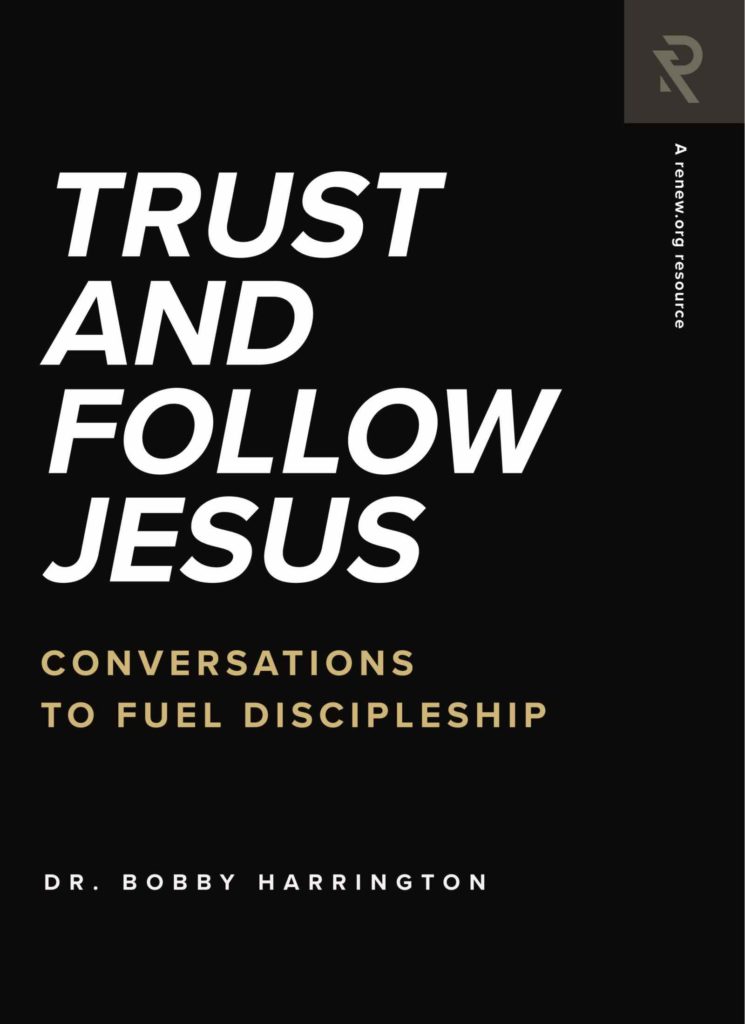
The Stewardship of Suffering
Grieving is sort of like finding yourself stranded on Mars. Imagine being spit out of a spaceship, tumbling onto the lonely surface of a hostile planet, facing a barren and treacherous landscape as far as the eye can see. As far as the heart can know.
Grief is much like that, except a lot less hospitable.
If you’ve navigated the landscape of grief, you get it. You know. You’ve been inducted into the club no one wants to belong to. Maybe you’ve even served as its president for a term.
Chin-deep in pain, struggle, or loss, it can feel like we are about to drown in sorrow. Even worse may be having to dodge the well-meaning platitudes sent from the people of Earth, a far, far stretch from this new home on Mars.
Like most experiences common to humanity, the only way round is through.
Once you’ve experienced loss, life looks and feels different. From our time on Mars, we learned a new language, but does anyone else even speak this foreign tongue? What was the use of our time there, the endless months of trudging through valleys? Was it all a waste?
Since suffering was never a part of God’s original design, it can seem so.
There may be some consolation that God weeps along with us in our grief. John 11:36 records Jesus weeping at the death of his friend Lazarus, deeply touched by the loss. God never wastes our pain; He’s in the business of redemption. He’s the original sponsor of reduce, reuse, reclaim, able to bring beauty from the ashes.
But God is God and we, decidedly, are not. Is there something we can do on the other side of our suffering to help heal ourselves and perhaps even other people?
The familiar Parable of the Talents in Matthew 25 may, surprisingly, offer an answer.
In this story, the master doles out different numbers of “talents” to his servants, then leaves them to take care of (i.e., steward) them while he goes on a journey.
“The man who had received the five talents went at once and put his money to work and gained five more. So also, the one with the talent went off, dug a hole in the ground, and hid his master’s money” (Matthew 25:16-17).
When the master returns, there’s an accounting for what they’d been given. The last man’s excuse for his poor stewardship, in verse 25, is “I was afraid.”
Sermons on this passage typically focus on our stewardship of God’s gifts to us: our money, skills and abilities. Here’s a different take. The poet Mary Oliver wrote in the poem “The Uses of Sorrow,” that even darkness or pain might sometimes be a gift.
If we can see suffering as a gift or a “talent” as such, might there also be a way to be a steward of this gift? Is there a way to put it to use and create something good?
Understandably, our reflexive response to grief and suffering might be the same as the one-talent man: to hide it in a hole, stuff it down and bury it deep where we don’t have to face it or look at it. Why? Because we think it hurts less. Because, like the one-talent man, we’re afraid of that pain.
I know plenty of folks who’d rather deny, mask, or medicate their pain instead of facing it out in the open, convinced they’re not strong enough or brave enough or _______ enough to handle it.
Ever heard of #MeToo? The reason this movement has gained such traction is that a few brave women dug up their long-buried painful experiences and let them serve as a beacon so others wouldn’t think they were alone. How about Malala Yousofzai, the young Pakistani girl shot for daring to attend school, but now a force for change all over the world? M.A.D.D. (Mothers Against Drunk Driving)? Or parents of the Sandy Hook kids rallying to stop gun violence?
These are all loud, public examples of people using their grief as a catalyst for good, but there are many more quiet, private ones.
When we’re in the midst of some fresh grief, perhaps the last thing on our minds is how God might redeem it. It may be all we can do just to get to the end of each hour and remember how to breathe. That’s okay.
But at some point, months or even years away, odds are we’ll encounter someone trying to navigate a similar path.
We’ll know them just by the way they hold their shoulders in that tensed position, or the quiet, automatic way they answer “fine” to the question, “How are you holding up?”
To the rest of the world, they might appear to be speaking Martian, but our ears will forever perk up at the sound of that language. We’re fluent now. We get it. I’m not talking about “misery loves company,” but more like acting as field guides to the territory. We know when to sit in silence and listen, when to bring a meal, what not to say.
These are all ways of offering comfort, in effect, taking care of the experiences from our own pain and using them to help another: being a good steward.









